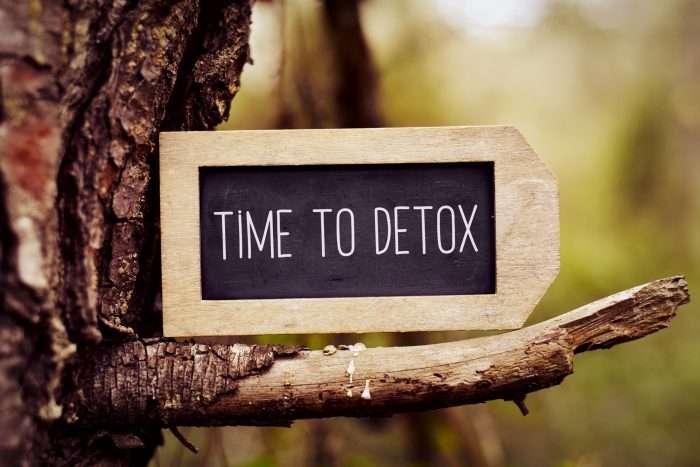One of the most challenging parts of beating addiction is going through the detox process. Many people suffer from addiction and find it very difficult to stop using their drug of choice because of the bad feelings withdrawal brings. Often, withdrawal symptoms are the reason a person motivated to quit an addictive substance, ends up relapsing. As a result, it becomes challenging for someone suffering from addiction to get clean without the supervision of a medical professional. In these cases, medical detox may be the best route towards getting clean. Fortunately, there are a variety of facilities that provide medical detox programs to help those suffering from addiction.
Medical detox is an inpatient treatment that typically lasts for a week. However, the length of treatment may vary depending on how severe the addiction is, and the substance to which the patient is addicted. A variety of medical professionals oversee the medical detox treatment, including doctors, nurses, and even psychiatric professionals. It is necessary to have medical professionals overseeing medical detox because there can be physical side effects, such as headache, nausea, cramping, and in some cases, even death.
The side effects of detox can be so severe it causes an addict to return to using drugs in an attempt to prevent the bad feelings side effects may bring. The hope with medical detox is that under the supervision of medical professionals, a patient can safely and effectively clear the addictive substance out of his or her body, without relapsing. Some substances that may require medical detox include alcohol, prescription opiates, and heroin. Fortunately, treatment by a medical detox center can help reduce cravings, which helps a patient get through the detox process easier.
Detox is typically the first step in a patient’s rehabilitation. When patients become addicted to substances, there is often a physical and psychological addiction that takes place. Medical detox is beneficial because physicians can provide patients with much safer substances that affect the brain, similar to the addictive substance. This helps to take care of the physical dependence while ridding the body of the harmful substance.
While the physical part of detox is important, the psychological part is important as well. Often, medical detox centers will have a mental health team available for the patient. A huge part of rehabilitation is making sure the patient doesn’t relapse once they leave medical detox. Much of this includes cutting off contact with people associated with their drug of choice (ie, friends who may use the drug), learning to manage stress, and learning to identify triggers that led to drug use in the past.
Medical detox is not a one-size-fits-all. Rehabilitation centers often create a medical detox plan based on a patient’s individual needs. It is important to cultivate a team of medical professionals and addiction and mental health specialists to ensure the patient has a safe and effective detox and rehabilitation process. The main goal of medical detox is to rid the patient’s body of the addictive substance completely, and get them to a place mentally and physically, where they can begin regaining control of their life. Patients who have struggled to overcome their addiction on their own should consider medical detox on their path to sobriety.


